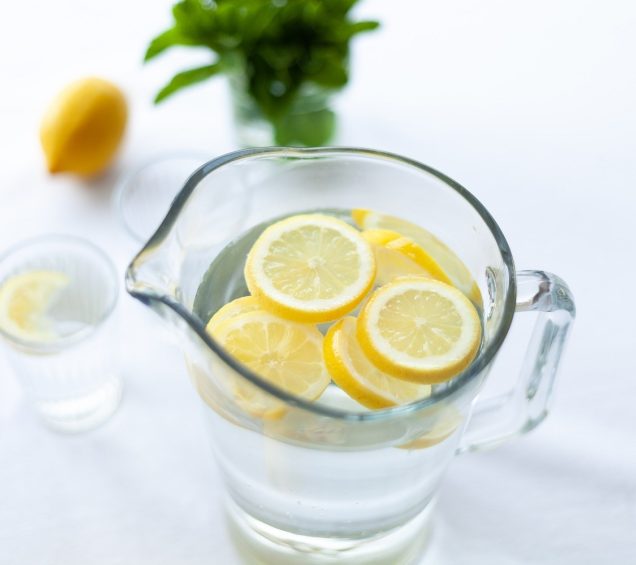What is Dry January and How Can it Benefit You?
Dry January, also called Janopause, Dryuary, and Drynuary, is an annual initiative that encourages people to reduce their alcohol consumption or even become alcohol-free for the first month of the new year. Basically, it’s a New Year's resolution that focuses on changing drinking habits. Initiated in the UK in 2013 by Alcohol Change UK, Dry January was created as a nationwide challenge to help people lose weight, get healthy, and save money. People from all around the world observe Dry January, and it’s popularity has been steadily growing, as shown in the Google Trends report below. According to Civic Science, 25% of Americans observed Dry January in 2024.

Early Attempts at Reducing Alcohol Consumption
There have been temperance efforts throughout history as individuals, churches, and local, state, and federal governments have recognized time and again that heavy drinking can be quite problematic. In the 1940s, the Finnish government tried out Sober January, an effort that discouraged people from drinking alcohol during war-time. In the U.S. the temperance movement — which began in the early 1800s — eventually led to the passage of the 18th Amendment that outlawed the manufacturing, sale and transportation of alcohol. It was repealed 14 years later.
Of course, Dry January differs from the 18th Amendment or other government-driven, anti-alcohol legislation in that it encourages people to voluntarily change their drinking habits. Here’s how it works.
How Dry January Works
Dry January encourages heavy drinkers and casual drinkers alike to abstain from drinking for the entire month of January. Whether someone experiences alcohol use disorder or just considers themselves a social drinker, Dry January provides an opportunity to experience life without the mood- and health-altering effects of alcohol. It can provide a window into how much or little a role alcohol plays in a person’s life. It can generate real self-reflection and change. At the very least, Dry January provides everyone with a good excuse to participate in a month-long fast from alcohol.
And Dry January isn't just for people who have what some would call a “drinking problem”. It's intended to help anyone press pause and re-establish good habits after the holidays’ hedonism, so they can feel better and be healthier in the new year.
Dry January Short- and Long-Term Health Benefits
There are a number of excellent short- and long-term health benefits to giving up alcohol for a month. Here are some of them:
- Weight loss
- Improved blood sugar
- Lower cholesterol
- A boosted immune system
- A reduction or reversal in liver disease
- Lower heart disease risk
- Lower blood pressure
- Better sleep
Let’s take a closer look at just one of those benefits: better sleep. Many people think a glass of wine will help them sleep, but when a nightly glass of wine becomes two, three, or even more, it can disrupt sleep, and the long-term effects of sleep deprivation negatively impact physical and mental health. Studies have shown that just one drink consumed right before bed can reduce REM sleep by as much as 9%. Dry January, then, is likely to benefit the rare or occasional drinker.
To sum it up, Dry January is an opportunity for people to change their relationship with alcohol, to improve their health, to re-establish good habits, and to reflect on the role alcohol plays in their lives. If you're one of the 42% of Americans who are sober curious, give Dry January a try!
Take the next step:
Start with an online form
-
Caron in Pennsylvania
1-800-854-6023 -
Caron in Florida
1-800-221-6500 -
Breakthrough at Caron
1-800-213-7834

